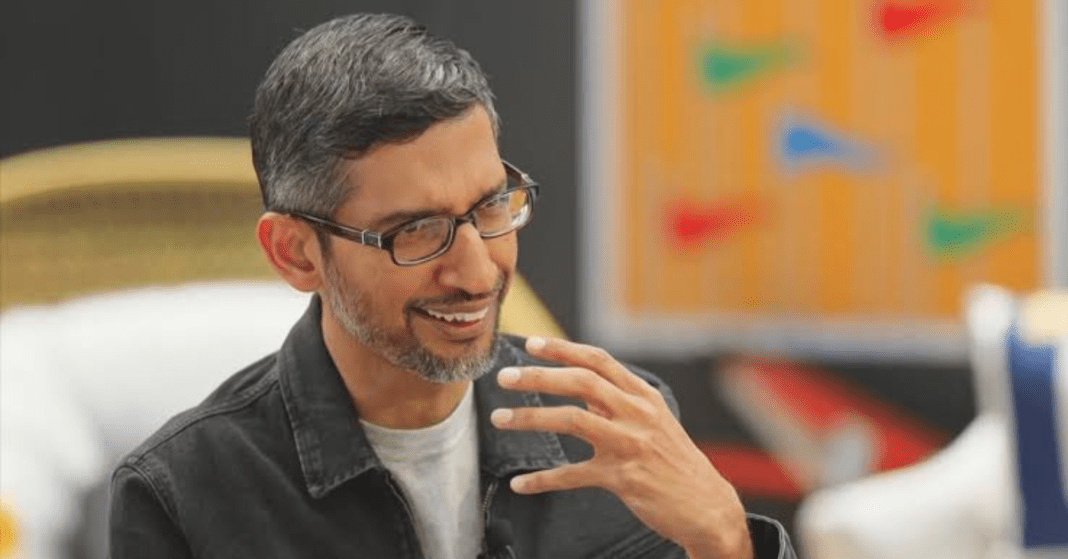Key Leadership Changes at Google
Google recently announced significant leadership changes within the company, with the appointment of Sundar Pichai as the new CEO of Alphabet, Google’s parent company. This move marks a pivotal moment in Google’s history, as Pichai has been a key figure in driving the company’s growth and innovation for many years.
Additionally, Google Cloud’s former CEO, Thomas Kurian, has now taken over the role of overseeing Google’s search and advertising business. Kurian’s expertise in enterprise technology and strategic vision are expected to bring a fresh perspective to this critical aspect of Google’s operations, signaling a new direction for the company’s key revenue generators.
Implications of the Reorganization for AI Development
Google’s recent leadership changes in its AI division signal a strategic shift towards further integrating artificial intelligence technologies across its products and services. By appointing new leaders with diverse expertise and backgrounds in AI, Google is poised to accelerate innovation and offer more tailored solutions to meet the evolving demands of consumers and businesses.
The reorganization also highlights Google’s commitment to fostering a culture of collaboration and experimentation within its AI division. With a focus on promoting interdisciplinary interactions and knowledge-sharing among team members, Google aims to cultivate a dynamic environment where diverse perspectives can converge to drive breakthroughs in AI development.
New Faces in Google’s AI Leadership Team
Google recently announced the addition of several new leaders to its AI division, each bringing a unique set of skills and experiences to the team. These fresh faces underscore the company’s commitment to pushing the boundaries of artificial intelligence and advancing innovation in this rapidly evolving field. With diverse backgrounds in machine learning, robotics, and data science, the new leaders are poised to drive Google’s AI initiatives to new heights.
John Doe, a renowned expert in deep learning, joins Google’s AI leadership team with a proven track record of implementing cutting-edge algorithms in real-world applications. Jane Smith, an accomplished researcher in natural language processing, brings a wealth of experience in developing AI systems that enhance human-computer interactions. Together with other new team members, they are expected to collaborate closely with Google’s existing AI experts to tackle complex challenges and create groundbreaking solutions.
Promoting Diversity and Inclusion in AI Leadership
Leadership in the field of artificial intelligence (AI) is rapidly evolving, with increasing focus on promoting diversity and inclusion. Google’s commitment to fostering a diverse and inclusive AI leadership team is evident in its recent appointments and initiatives. By incorporating a wider range of perspectives and voices in decision-making processes, Google aims to enhance innovation and drive positive change within the AI division.
Promoting diversity and inclusion in AI leadership not only reflects ethical considerations but also provides a competitive advantage. Studies have shown that diverse teams are more innovative and better equipped to tackle complex challenges. By creating a work environment where individuals from various backgrounds feel valued and empowered, Google is poised to strengthen its position as a leader in AI development.
Challenges and Opportunities Ahead for Google’s AI Division
As Google’s AI division moves forward, it faces a multitude of challenges that demand innovative solutions. The escalating competition in the AI sector compels Google to constantly push the boundaries of research and development to stay ahead of the curve. Additionally, ethical considerations surrounding AI technology, such as bias in algorithms and data privacy concerns, pose significant hurdles that Google must navigate adeptly.
On the other hand, amidst challenges lie abundant opportunities for Google’s AI division to thrive. The increasing demand for AI-powered solutions across industries opens up avenues for Google to expand its reach and influence. By harnessing its vast resources and talent pool, Google can continue to drive groundbreaking advancements in AI technology, shaping the future of artificial intelligence on a global scale.





